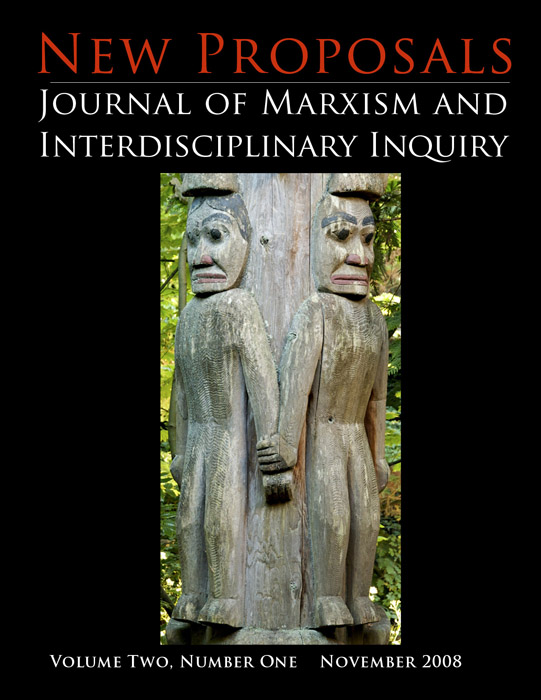Conceptions of Hegemony in Antonio Gramsci’s Southern Question and the Prison Notebooks
Keywords:
hegemony, state, civil society, revolutionAbstract
The article focuses on Antonio Gramsci’s Southern Question and the Prison Notebooks and tries to demonstrate that he just re-theorises the formative stages of class power beginning from economic relations to political power, in other words, ruling class power developing from civil hegemony into political hegemony along the lines of classical Marxist texts. For Gramsci, hegemony does not only refer to ideological and cultural leadership of the ruling groups and classes over the allies, but also, domination by them of even the allies. Hegemony refers not only to consent to be obtained from ruled ones, but also force, coercion and imposition of ruling class interests over those of allies or rival groups and classes. The article also implies that Gramsci tries to put an end the dichotomies between force and consent, the base and superstructure, and also between hegemony and domination. Lastly, article points to the fact that Gramsci tries to spatialize Marxist theory, as clearly seen in his metaphors such as ideological, intellectual, agrarian blocks and his conception of sub-systems of social relations such as agrarian block and intellectual block.Downloads
Published
2008-11-19
Issue
Section
Articles

